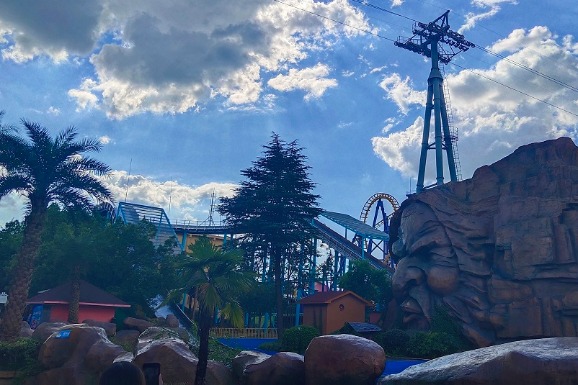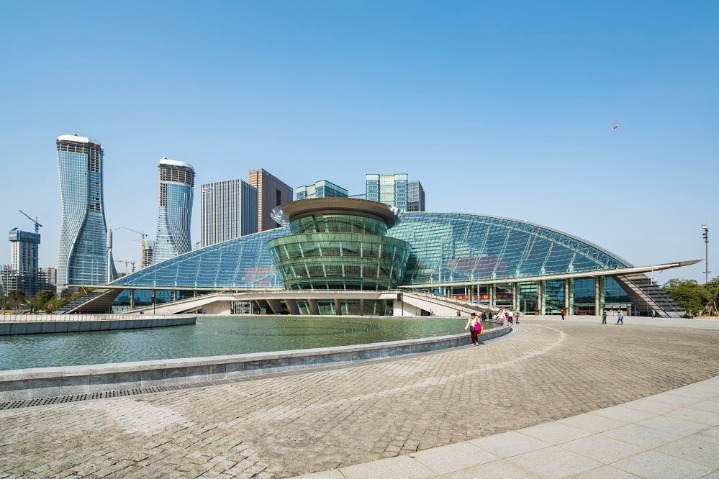
Shaoxing Museum
Shaoxing Museum was established in 1992 and officially opened to the public in 1993. The current building covers an area of 9,533 square meters and was inspired by a model of a Spring and Autumn Period (770-476 BC) house unearthed in Shaoxing.

Hangzhou Linping Museum (China Museum of Southern Water Town Culture)
The Hangzhou Linping Museum, also known as the China Jiangnan Water Town Culture Museum, is a cultural gem in Hangzhou's Linping district, located north of the People's Square.

Kuahuqiao Site Museum
The Kuahuqiao Site Museum, located within the Xianghu Lake scenic area in Xiaoshan district – in Hangzhou, capital of East China's Zhejiang province – spans a total building area of around 6,800 square meters and offers a fascinating journey into the Kuahuqiao culture, one of China's most ancient cultures which dates back 8,300-7,200 years.

Lishui Museum
Established in 1984, the Lishui Museum is a comprehensive municipal museum that showcases the natural, historical, cultural, and artistic heritage of the region.

Jinhua Shuanglong Scenic Area, Zhejiang province
Nestled at the foot of Jinhua Mountain in East China's Zhejiang province, the Jinhua Shuanglong Scenic Area is nationally known for its karst landforms and cave spectacles.

The National Water Museum of China
Having first opened to the public in March 2010 in Hangzhou, Zhejiang province, the National Water Museum of China is a national-level industry museum directly affiliated with the Ministry of Water Resources of China.

Hangzhou Amusement Land
Hangzhou Amusement Land is a well-known comprehensive theme park in the Yangtze River Delta. Located in the central area of Xianghu Lake in Hangzhou city, it enjoys convenient transportation and is divided into the three major recreation areas of Mayan Tribes, Lost Jungle and Adventure Island.

Hangzhou Grand Theater
Located on the banks of the Qiantang River, the Hangzhou Grand Theater was completed in 2004. Covering an area of about 100,000 square meters, it was designed by Canadian designer Carlos Ott and consists of four venues, namely the opera house, concert hall, variable theater and sunken amphitheater as well as an open-air cultural square.



